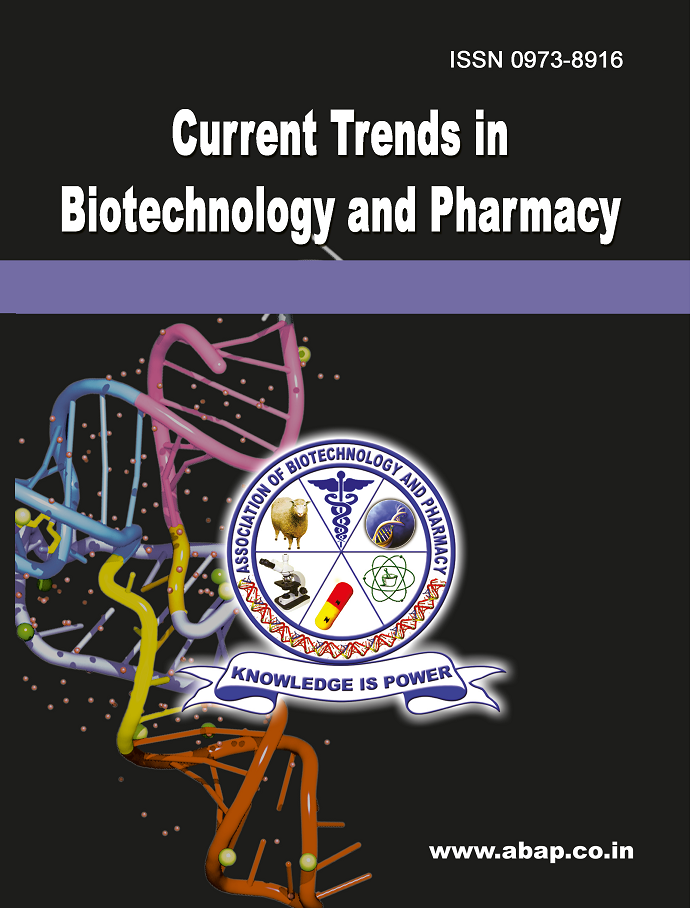Immunomodulatory Effects of Trihedral Ethanol Extracts on Disease Resistance and Immune Function in Labeo rohita Against Pseudomonas fluorescens
DOI:
https://doi.org/10.5530/ctbp.2025.4.40Keywords:
Triherbal extract, Labeo rohita, Pseudomonas fluorescens, Innate immune responsesAbstract
The study investigates the effects of ethanol extract from Azadirachta indica, Eichhornia crassipes and Avicennia marina on the innate immune responses of Labeo rohita, focusing on parameters such as respiratory burst activity, myeloperoxidase activity, serum antiprotease levels, enzymatic activity, hematological parameters and disease resistance against Pseudomonas fluorescens. Fish were treated with varying doses of the triherbal extracts (100-1000 mg/kg body weight) for 60 days, followed by an intraperitoneal challenge with P. fluorescens. On day 70 post infection, significant improvements (P < 0.05) in immune parameters, including NBT levels, myeloperoxidase activity, serum lysozyme and serum antiprotease activity, were observed in the triherbal extract treated groups compared to the control group. Notably, fish treated with 100 and 200 mg/kg of the triherbal extracts demonstrated an 80% relative percentage survival against the infection. These findings highlight the beneficial effects of triherbal ethanol extracts in enhancing immune function and disease resistance in L. rohita. Additionally, molecular docking analysis identified Phytol, 17-Pentatriacontene and β-D-glucopyranosyl as potential inhibitors of the AprX protein, a critical virulence factor in P. fluorescens. These results suggest that these bioactive compounds may represent promising candidates for the development of antibacterial treatments for aquaculture.



